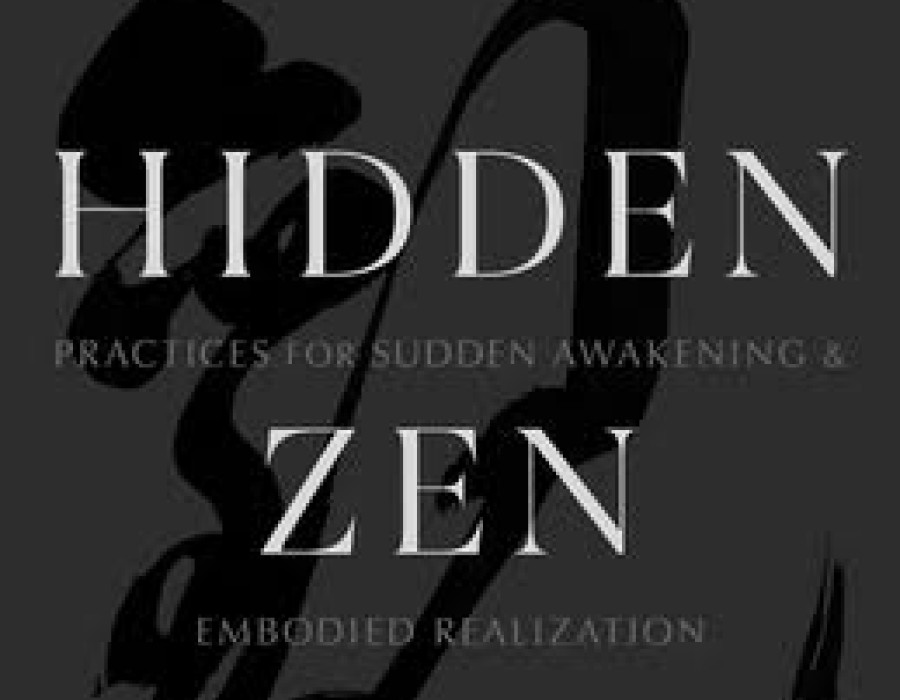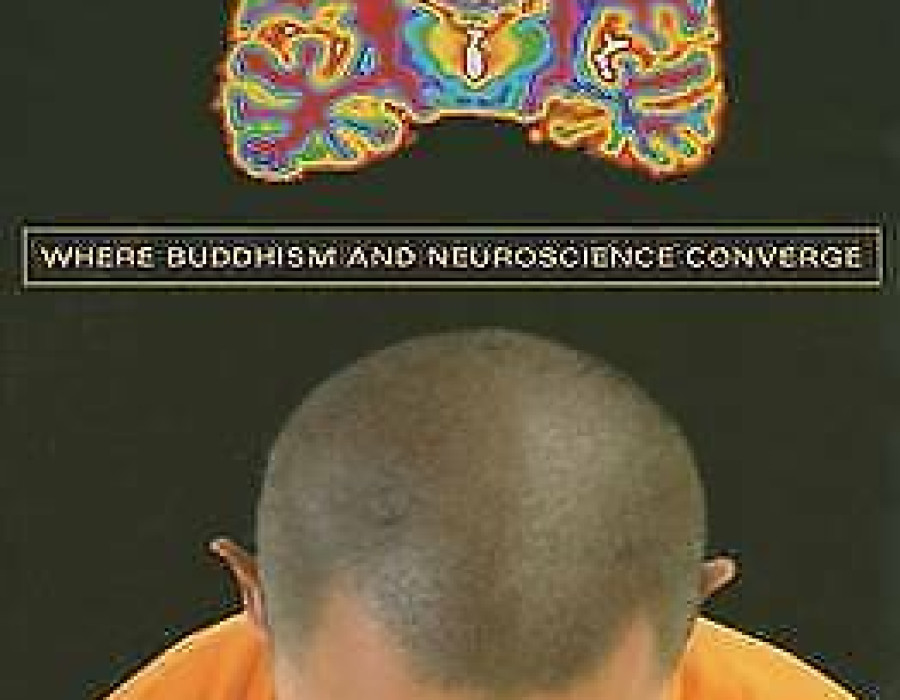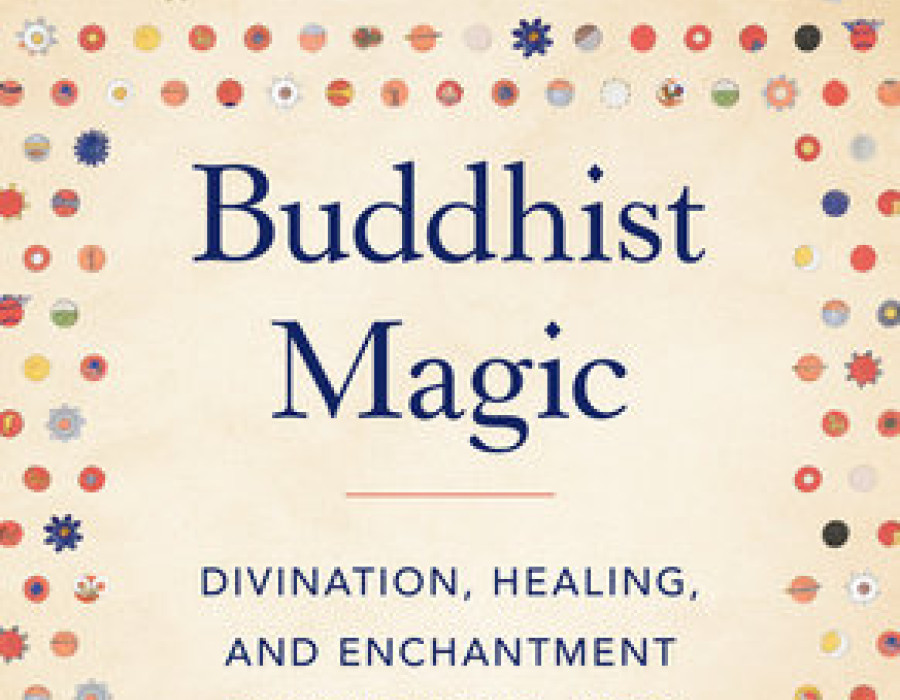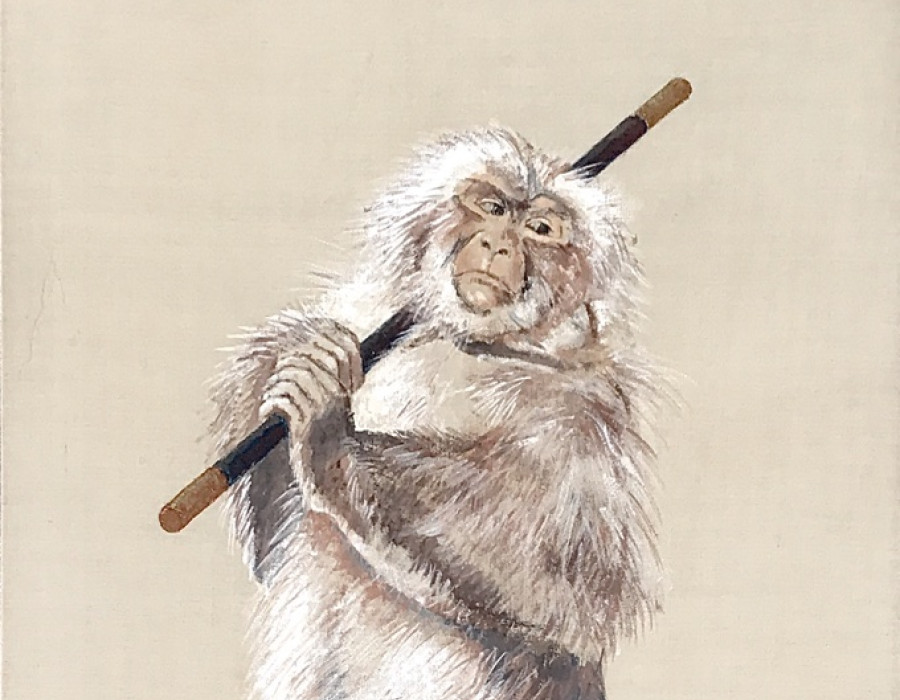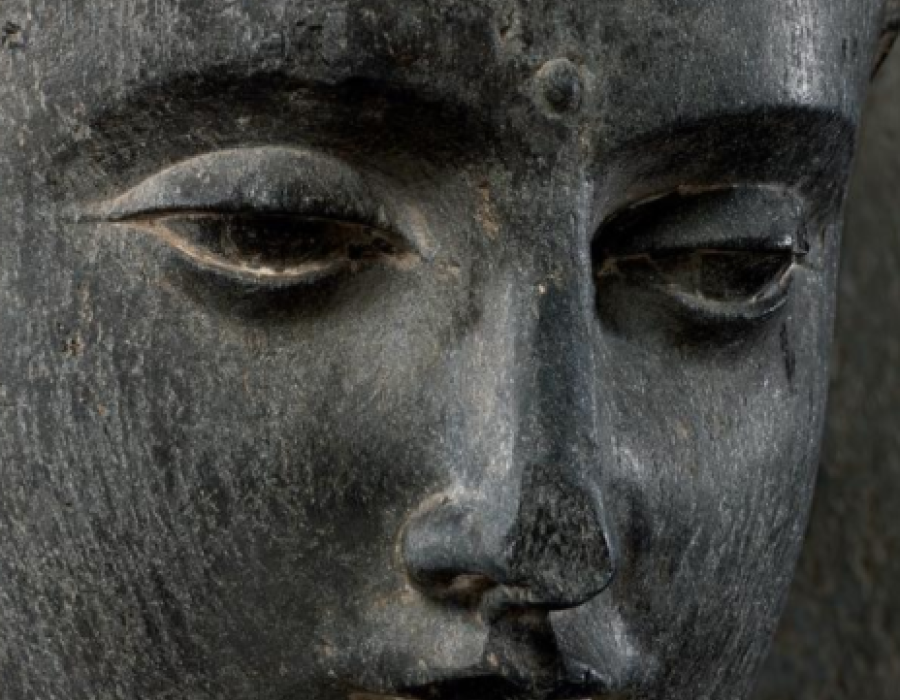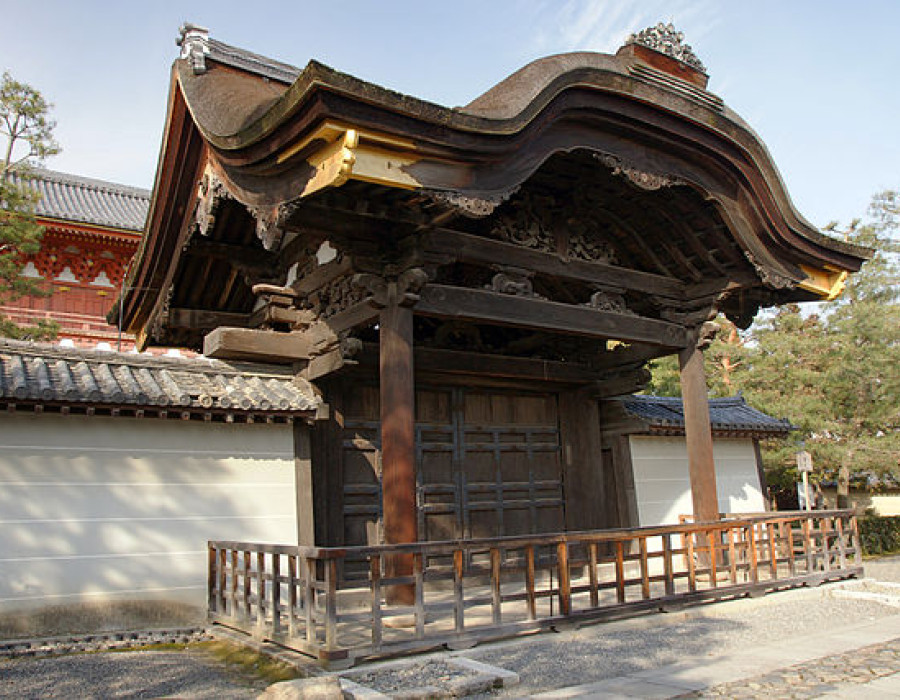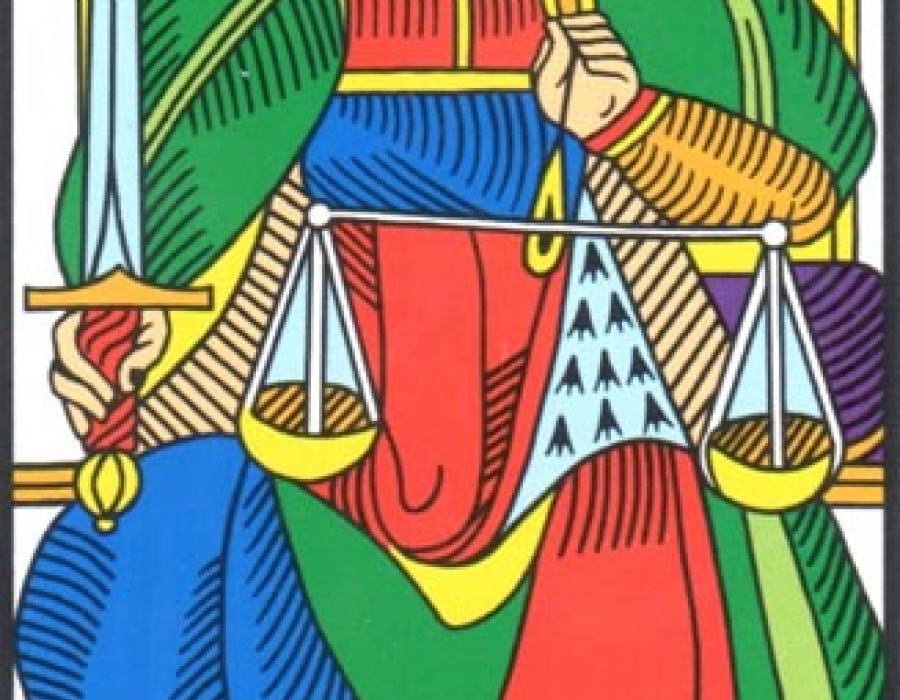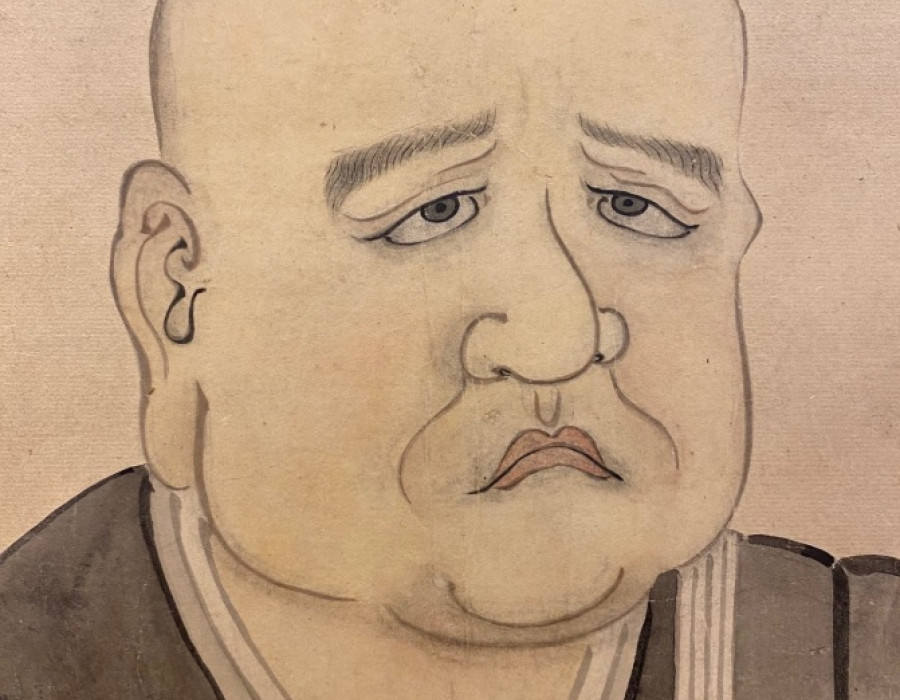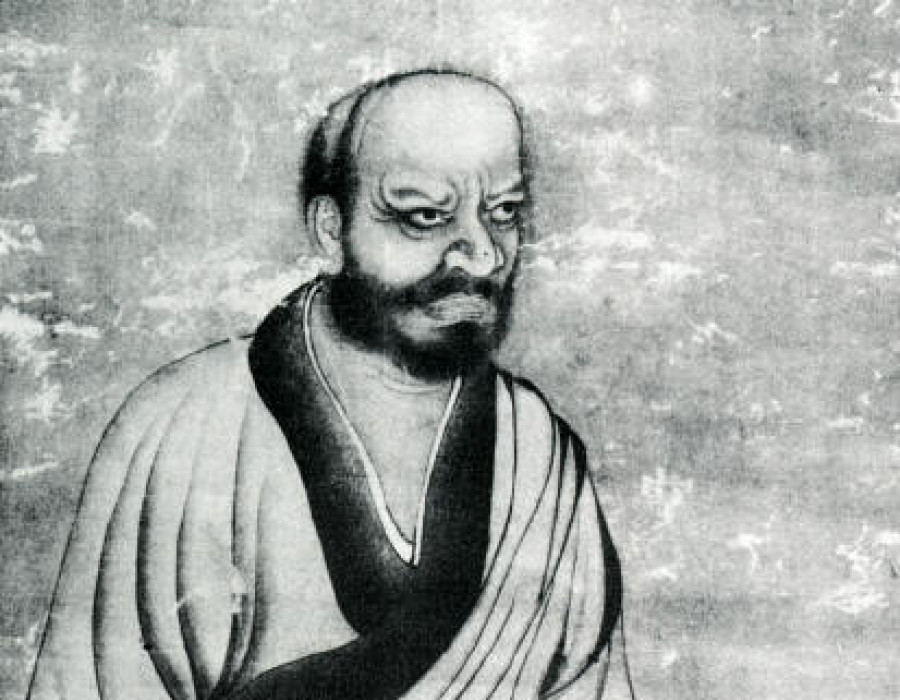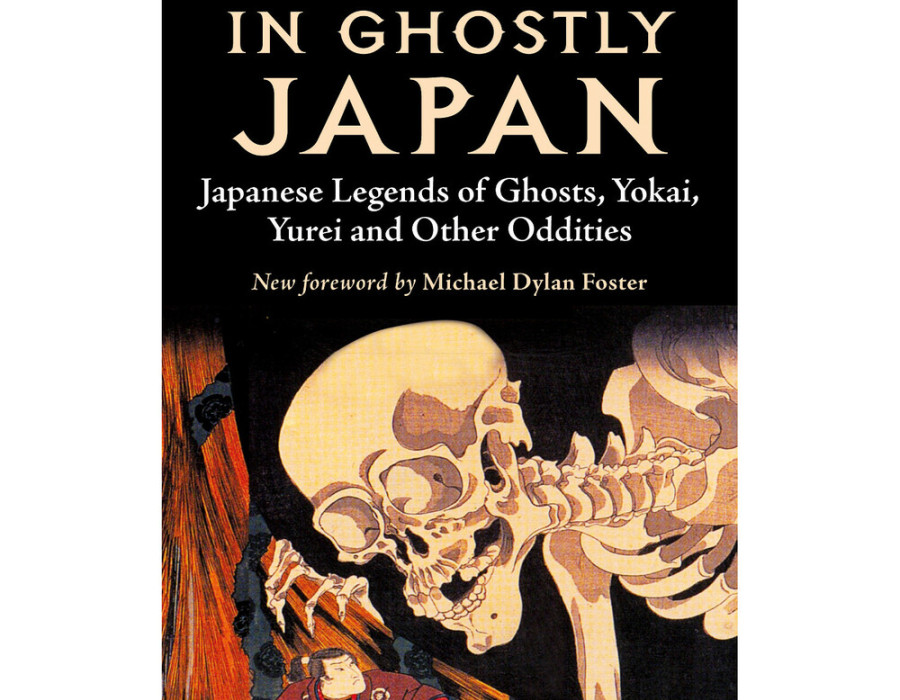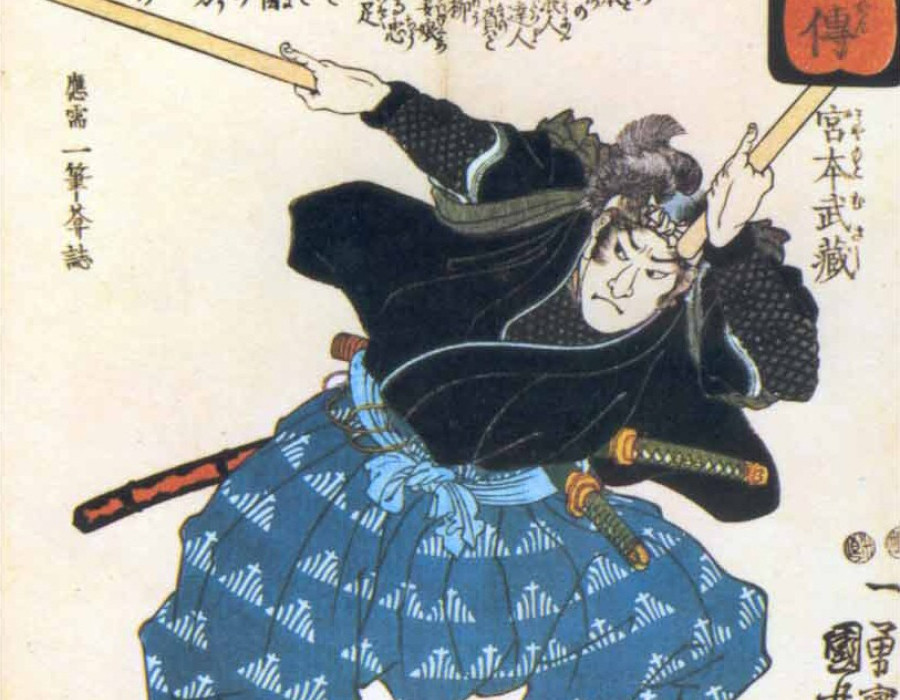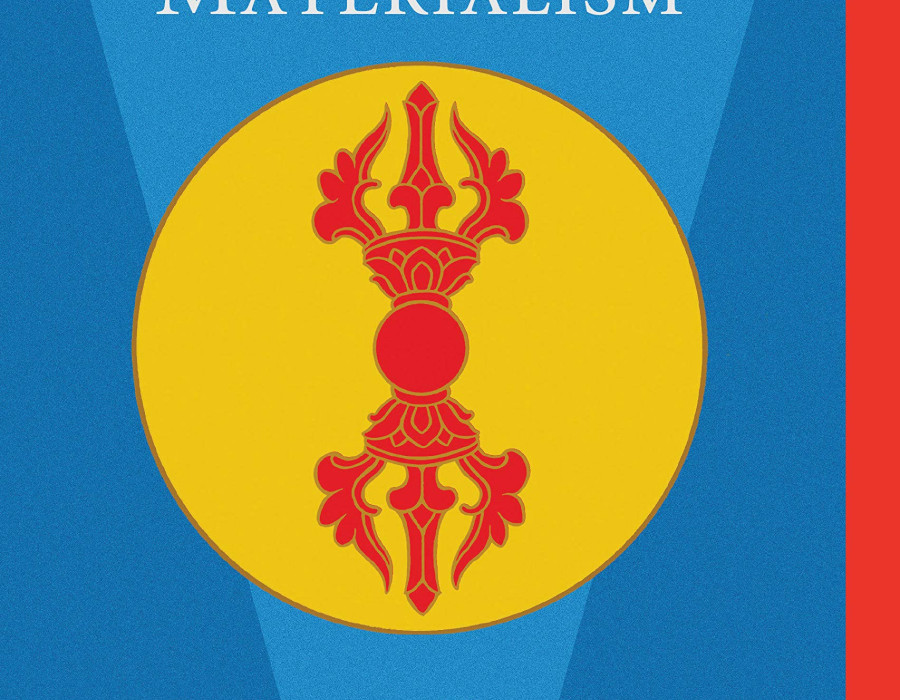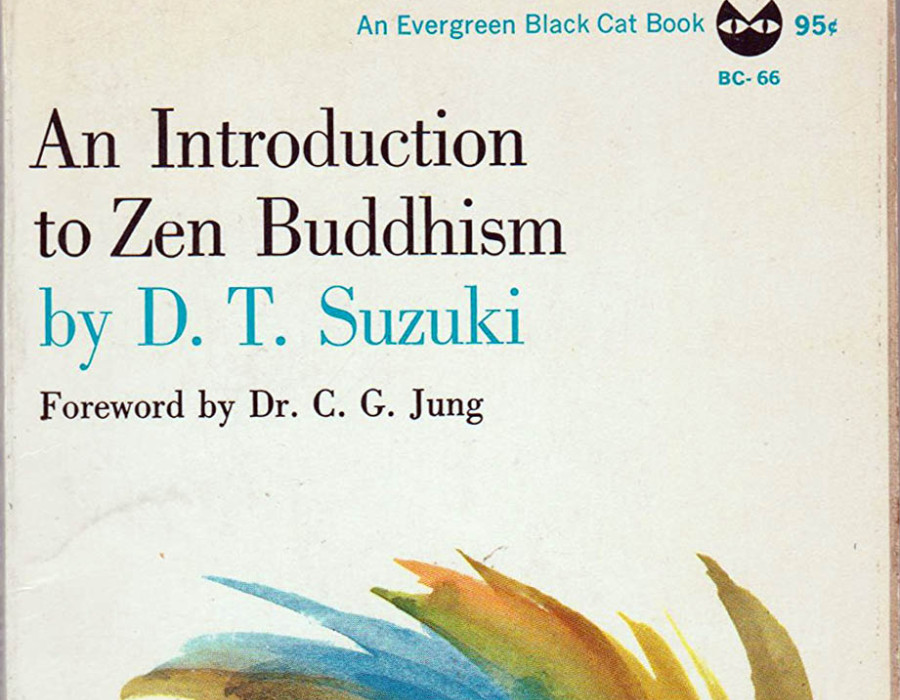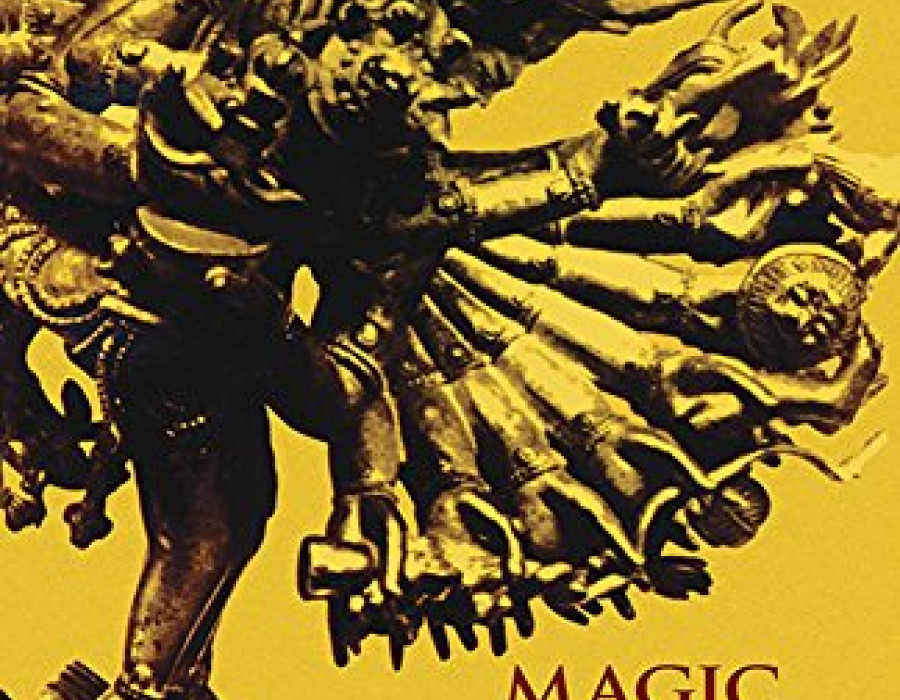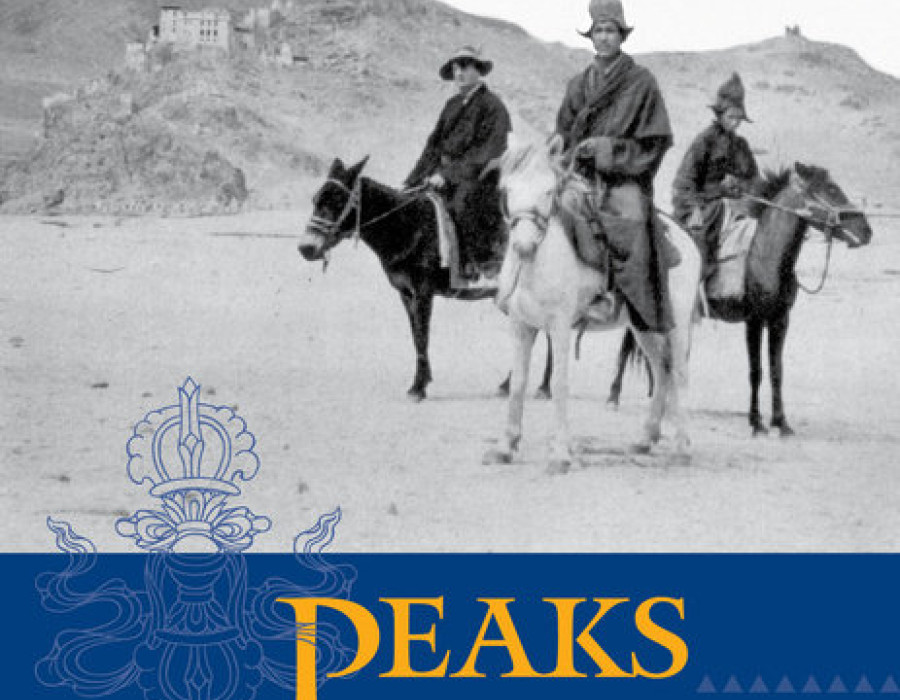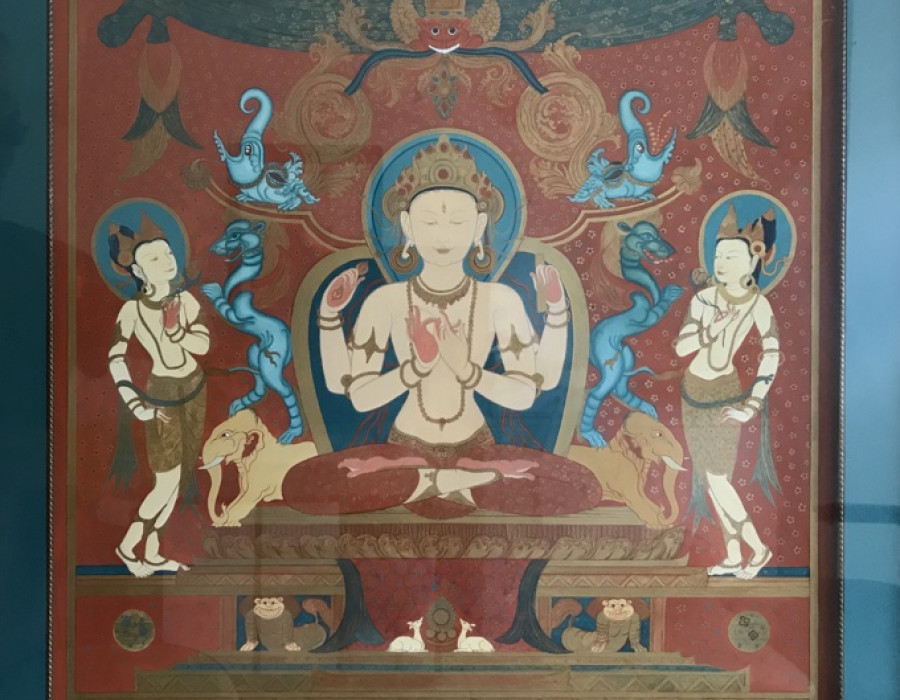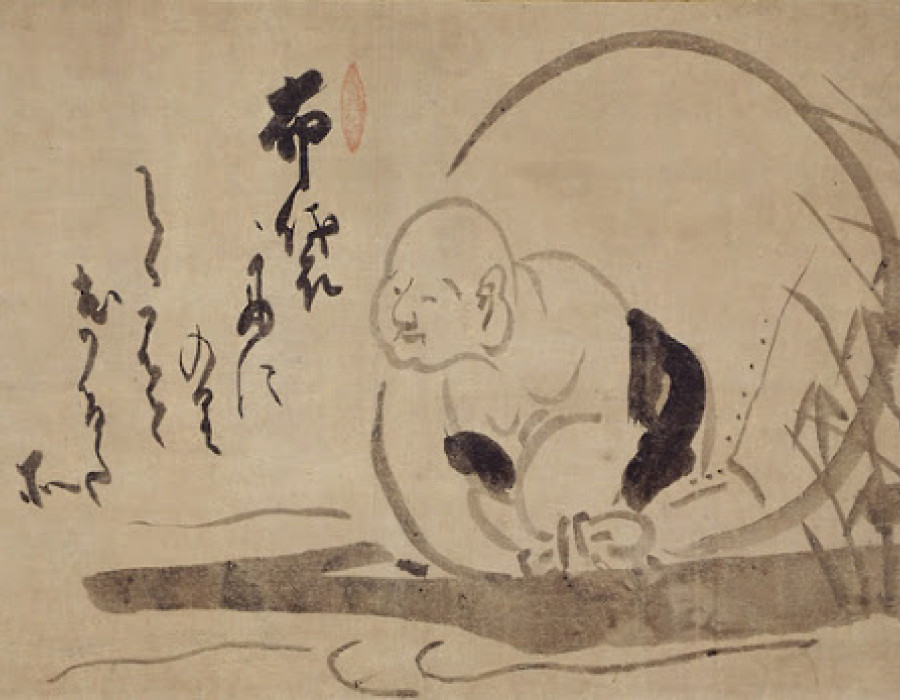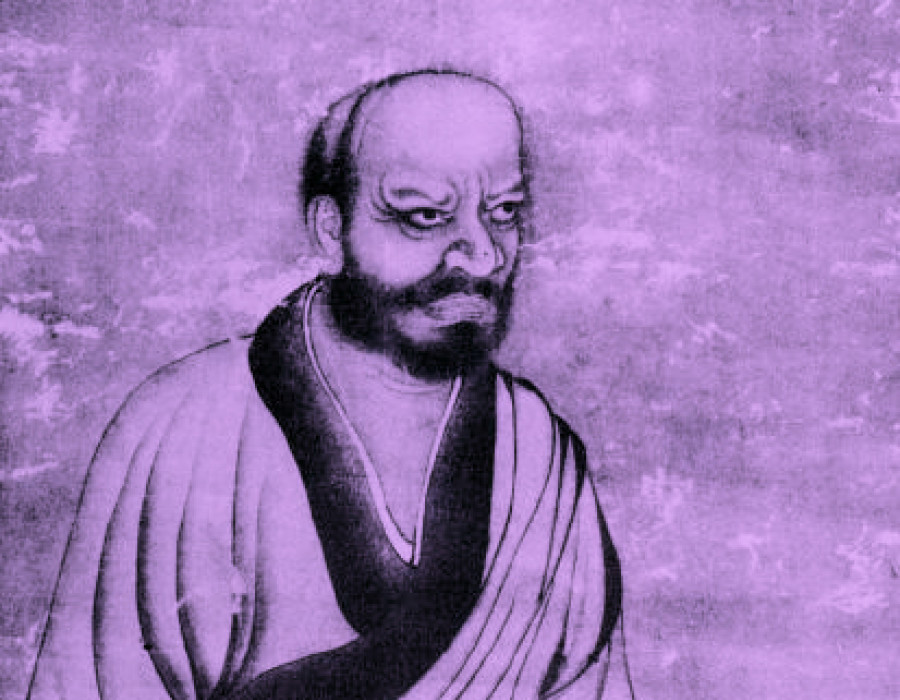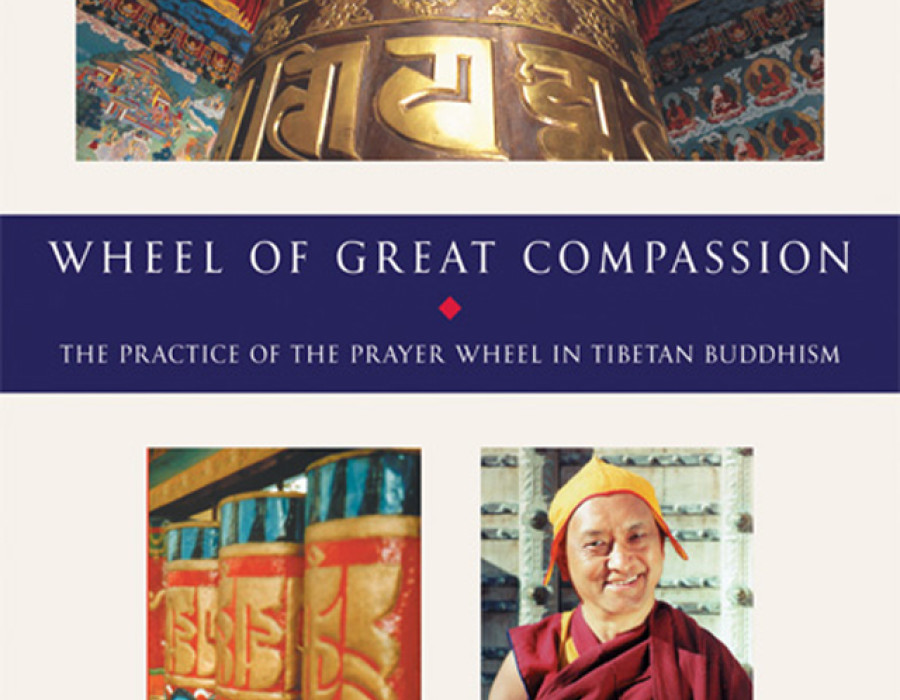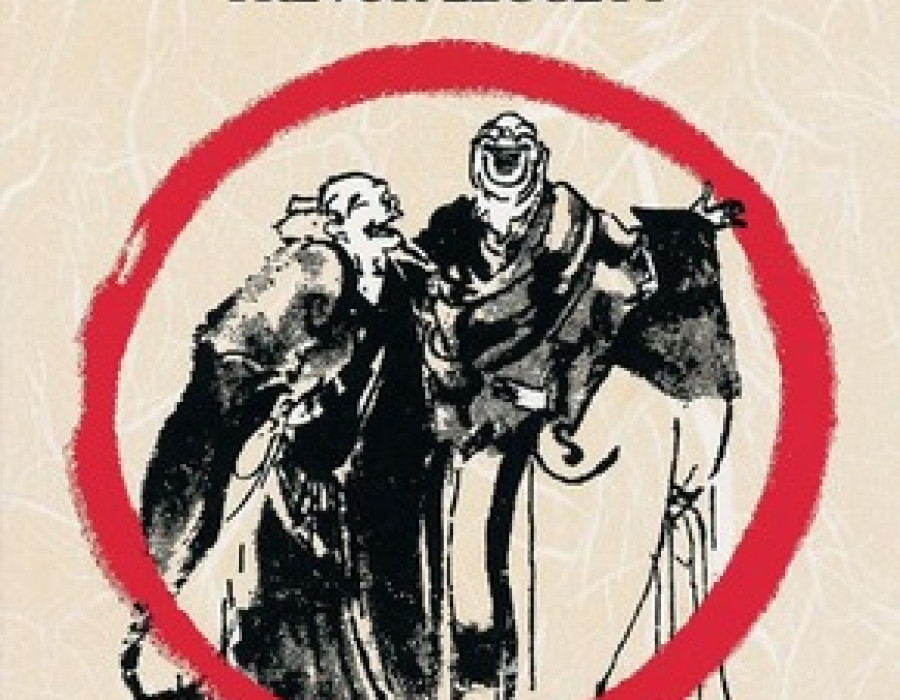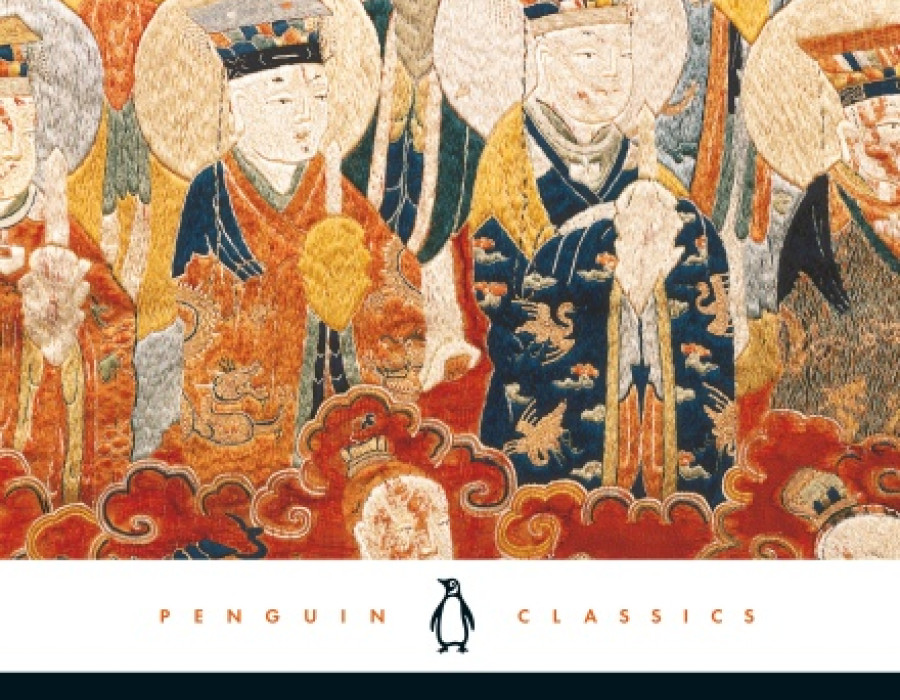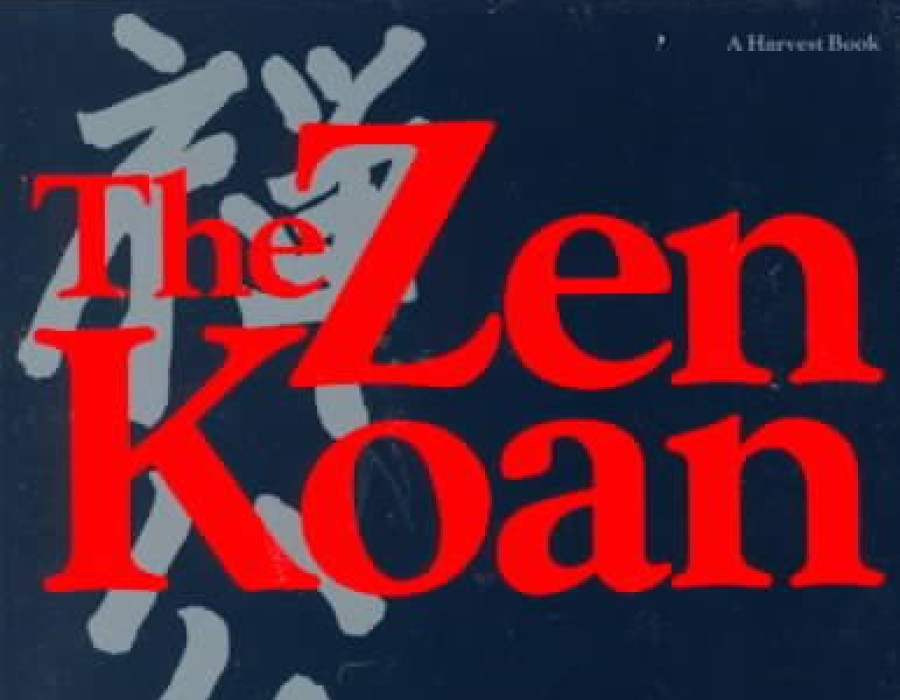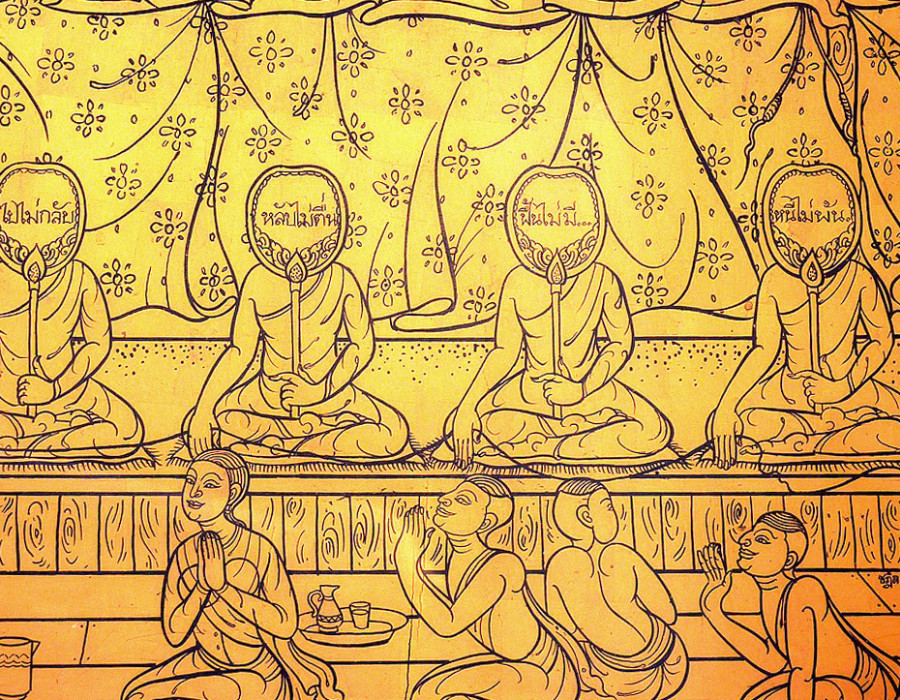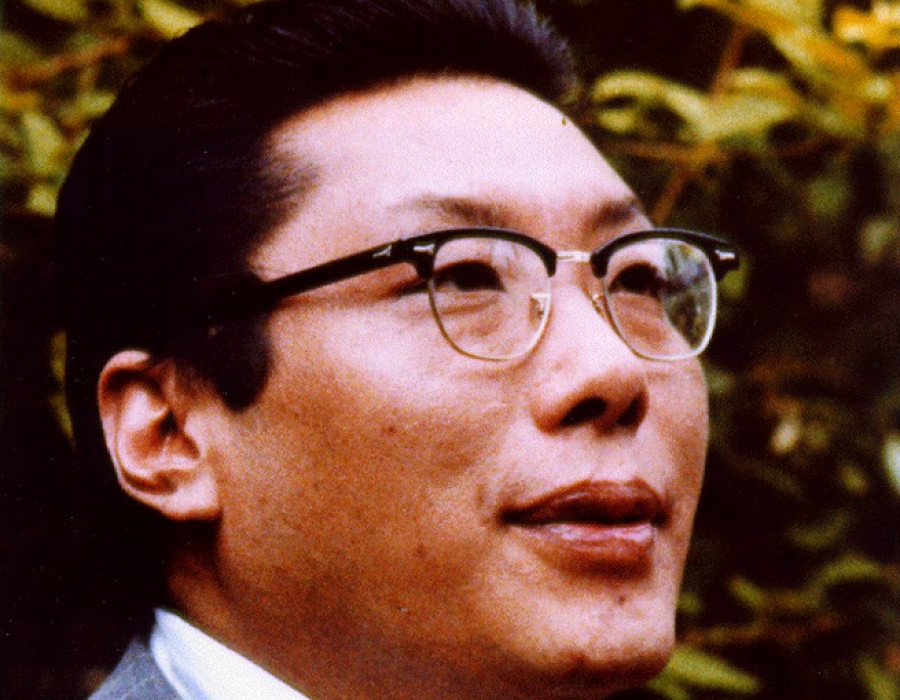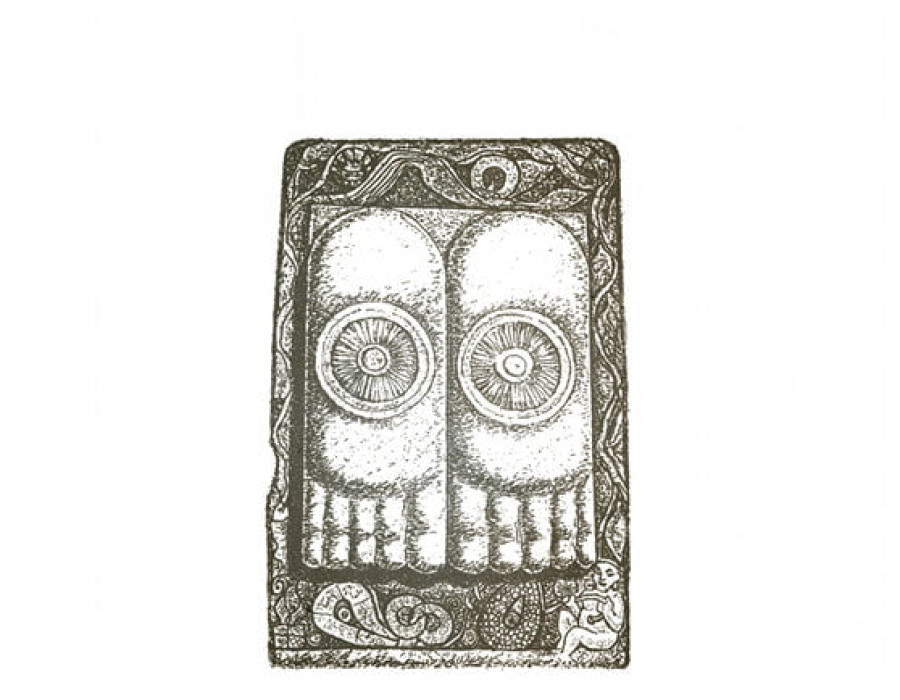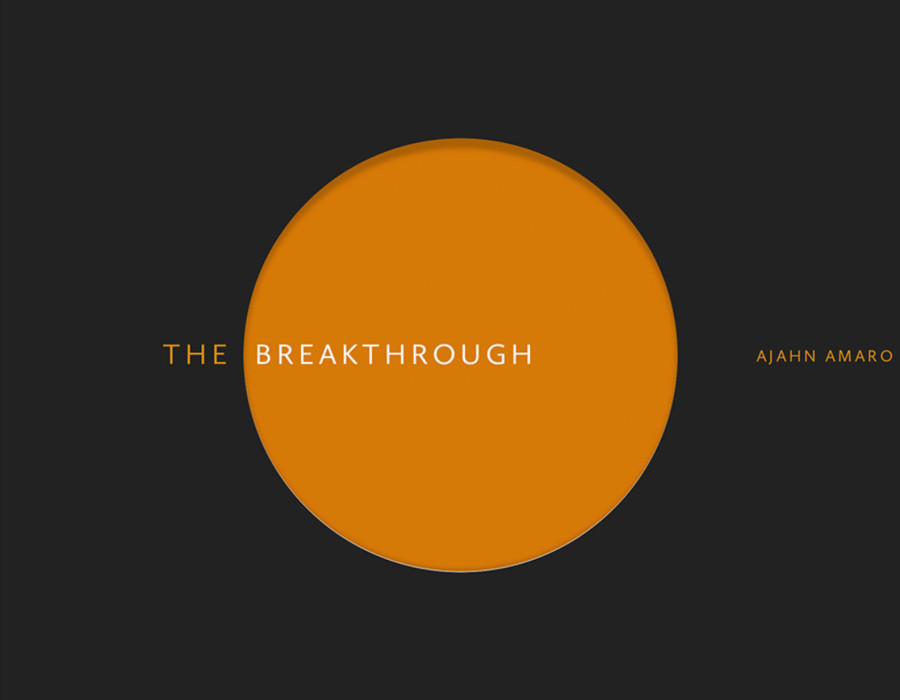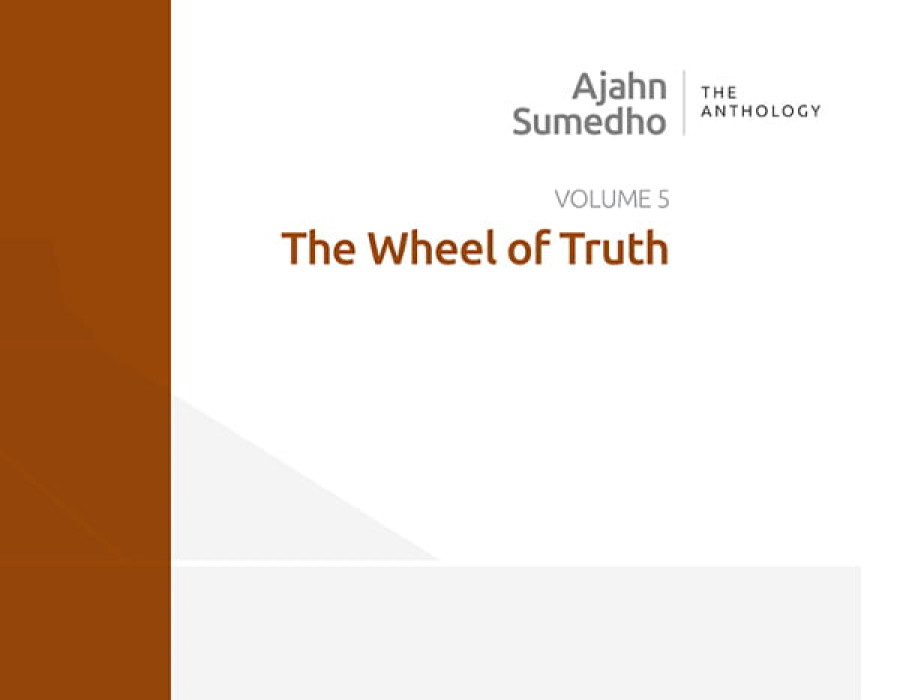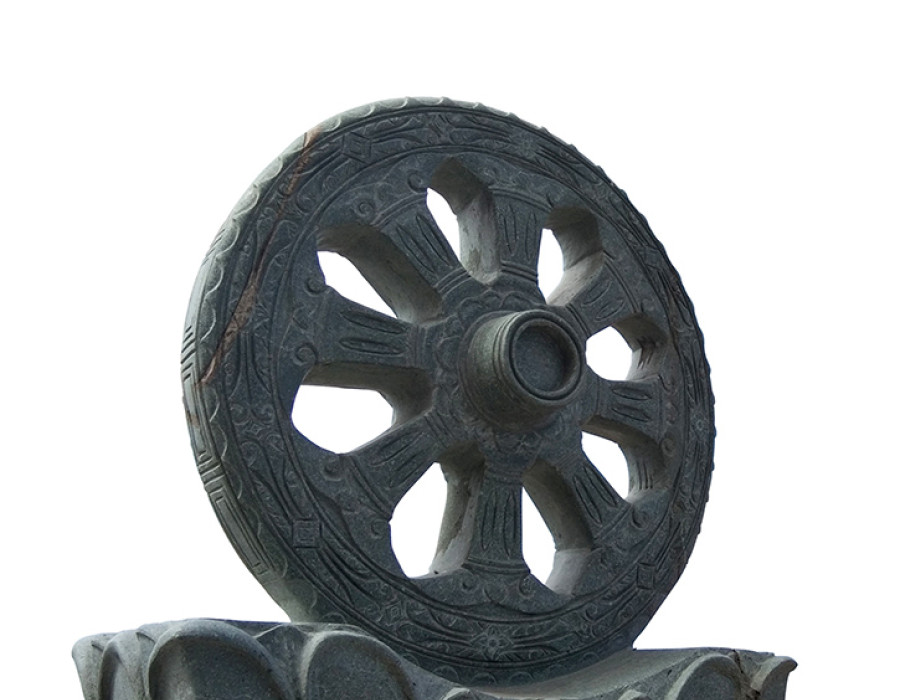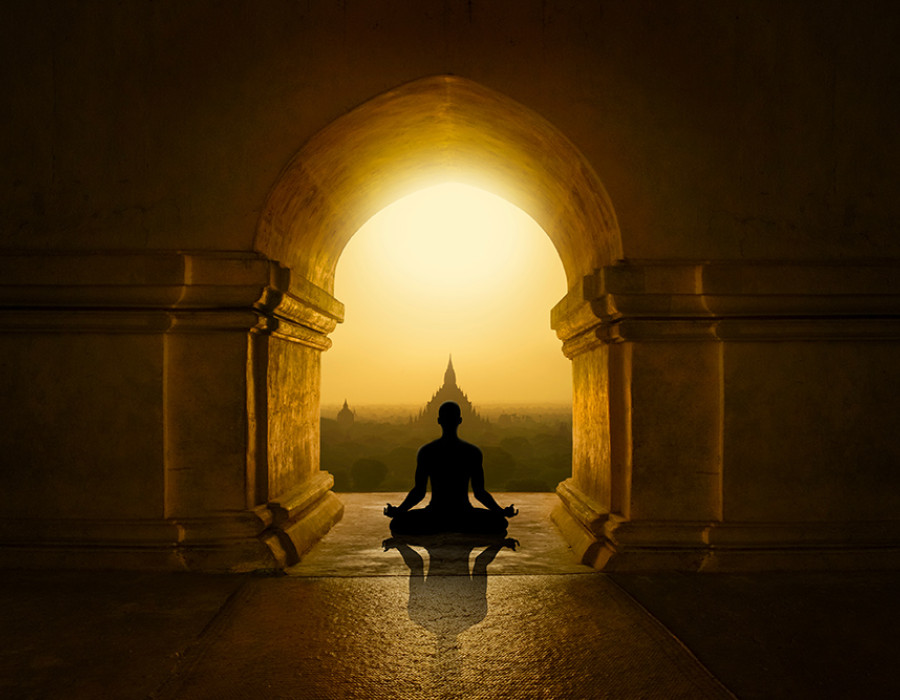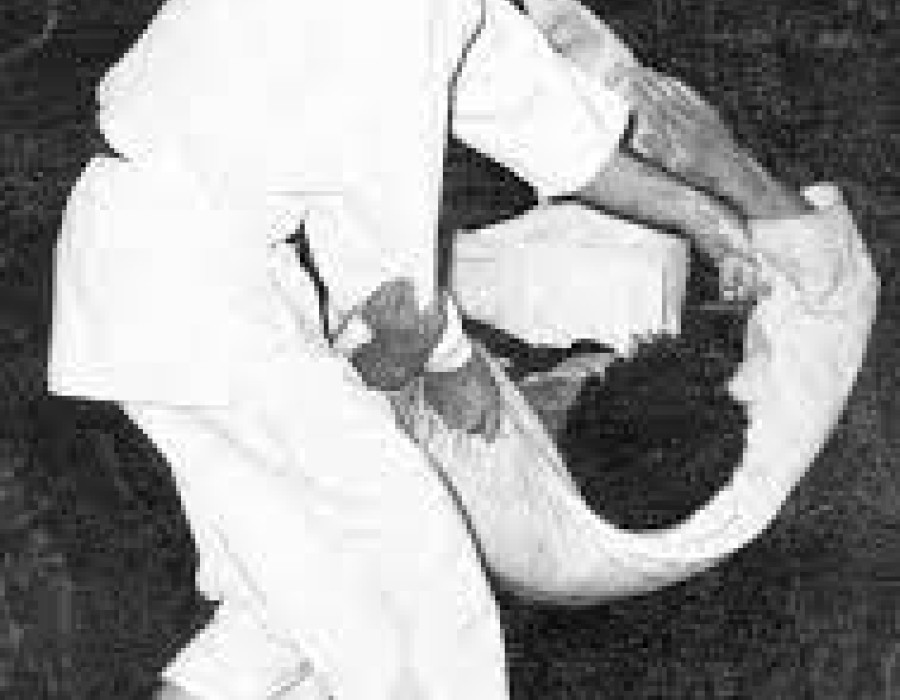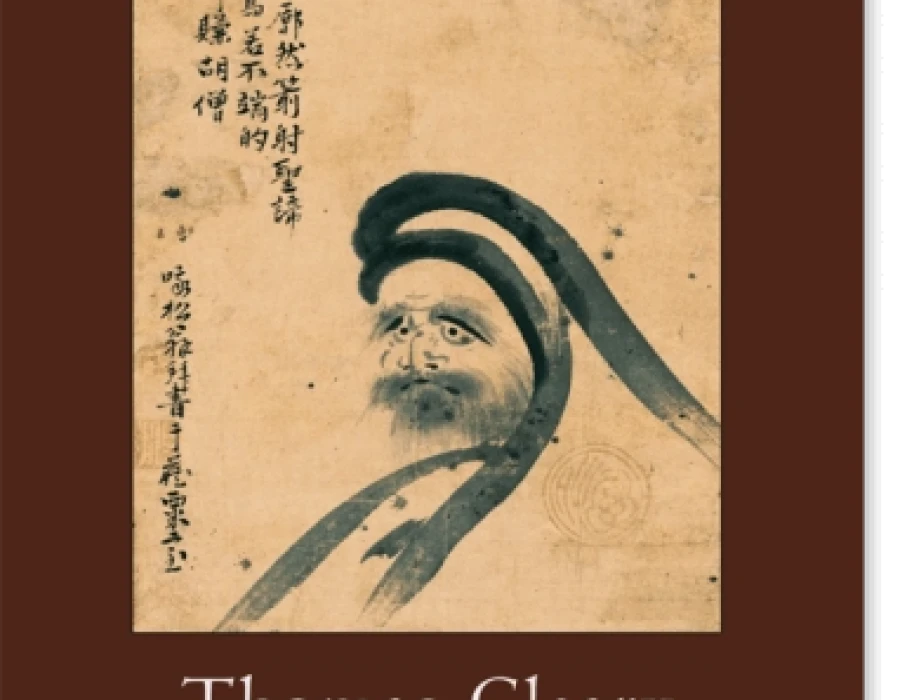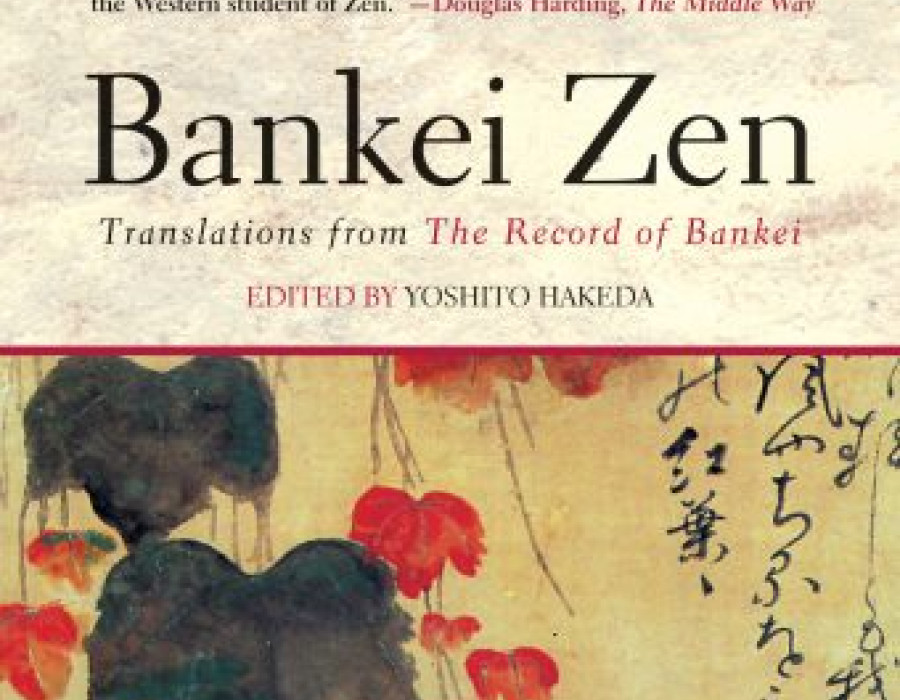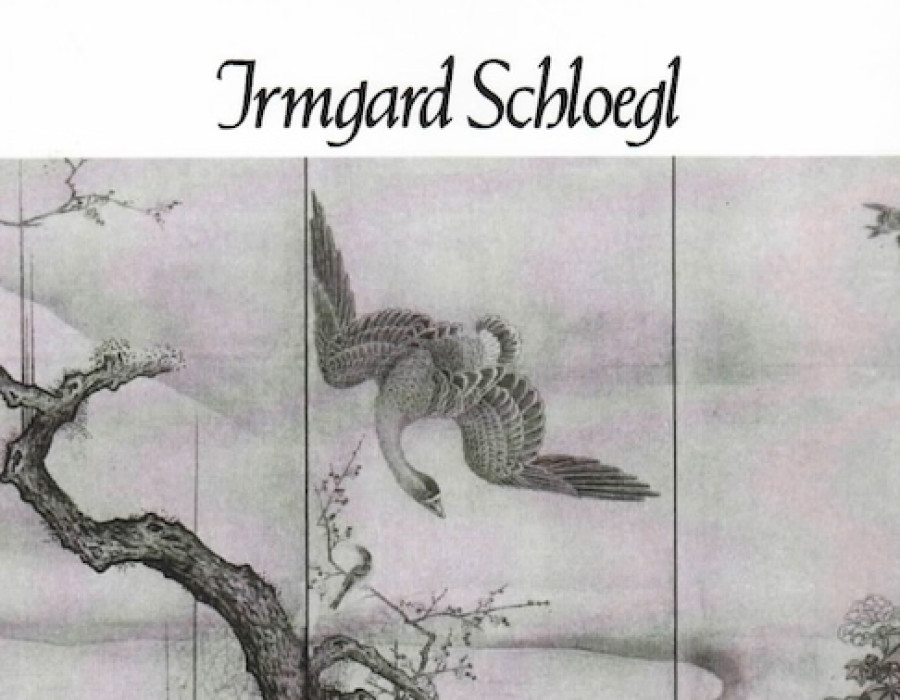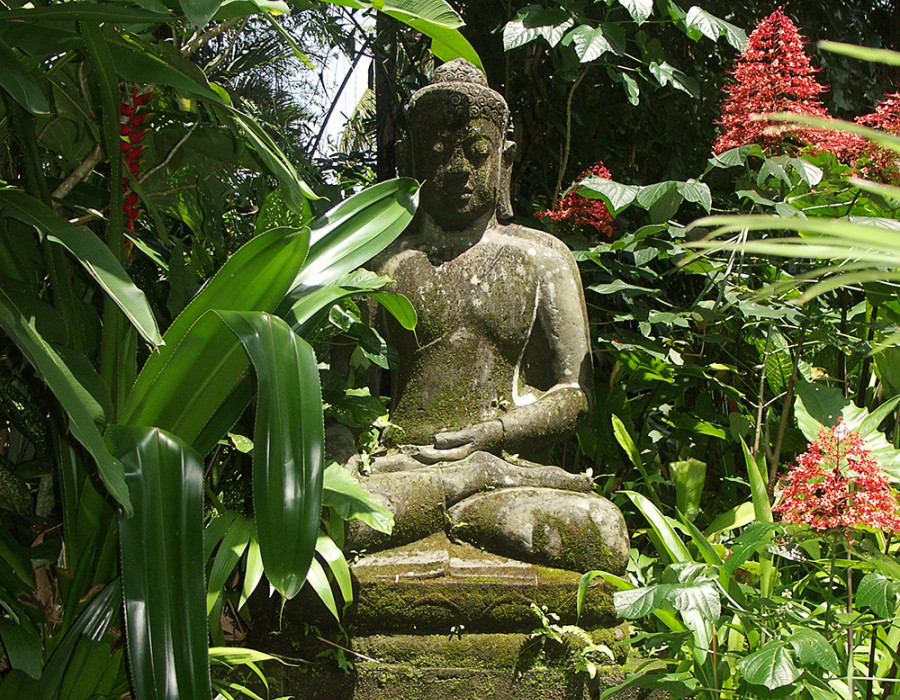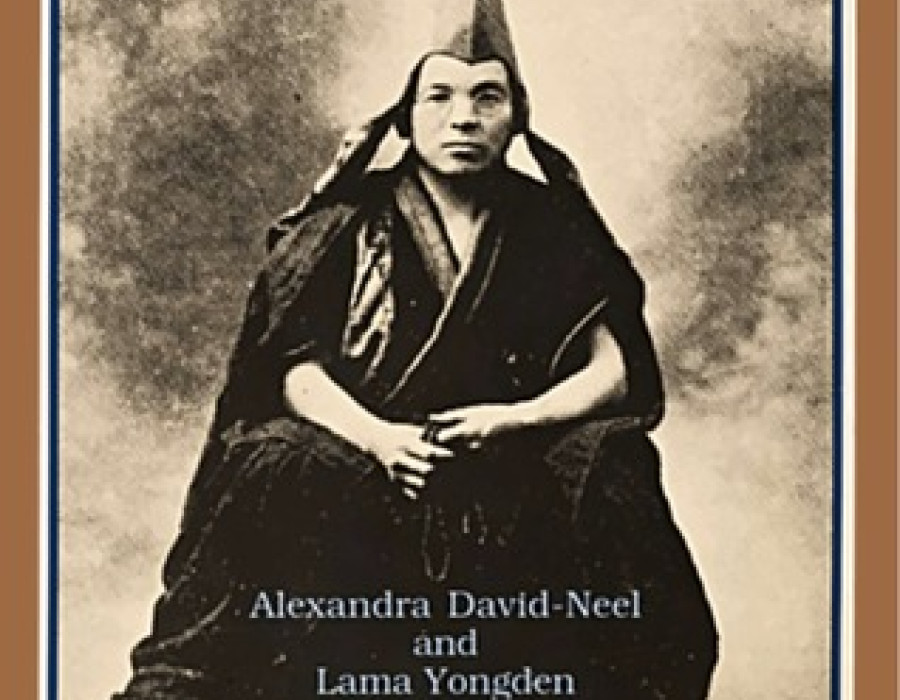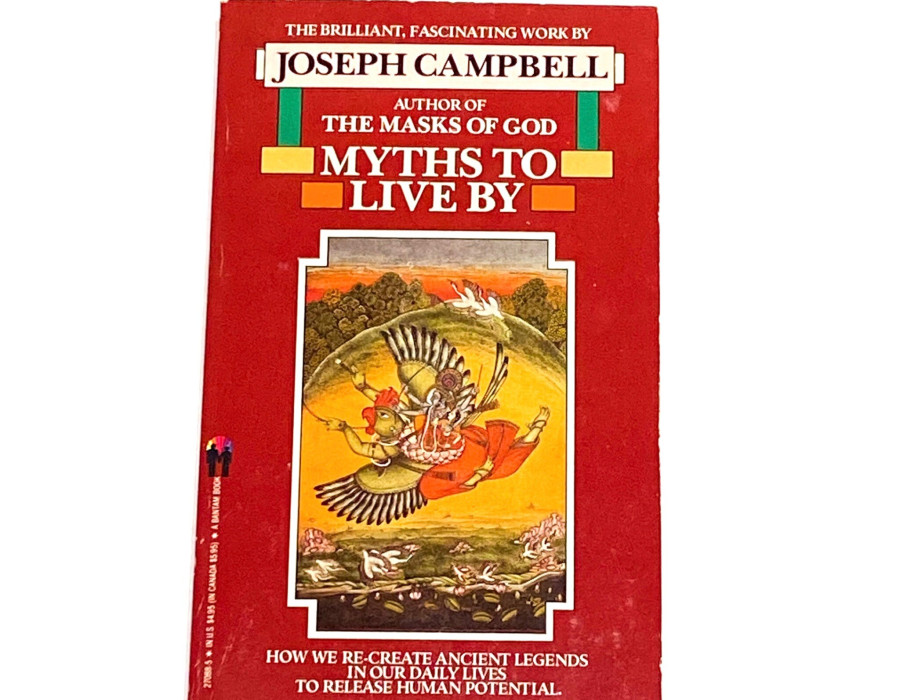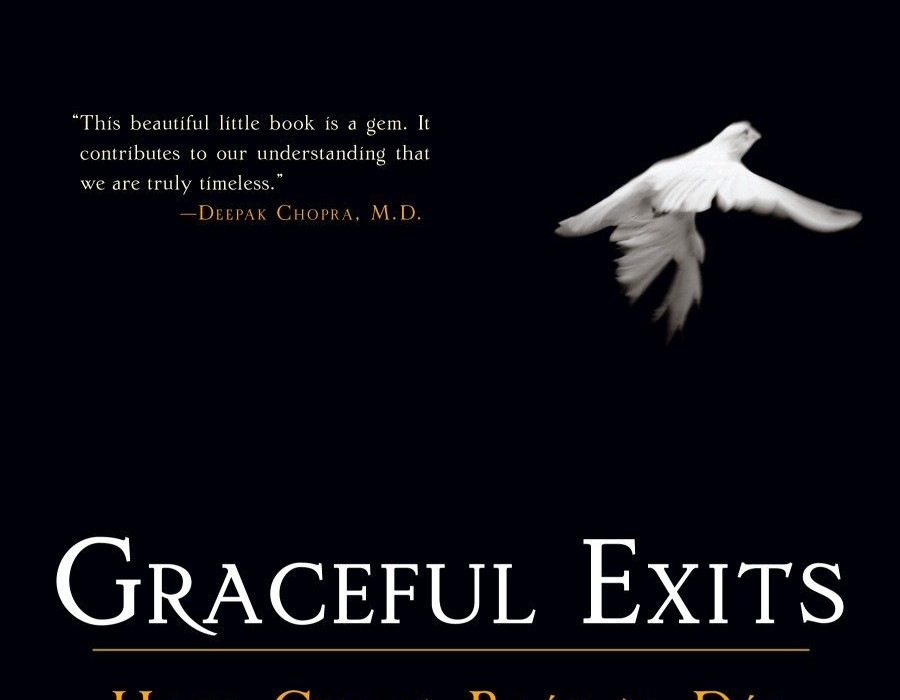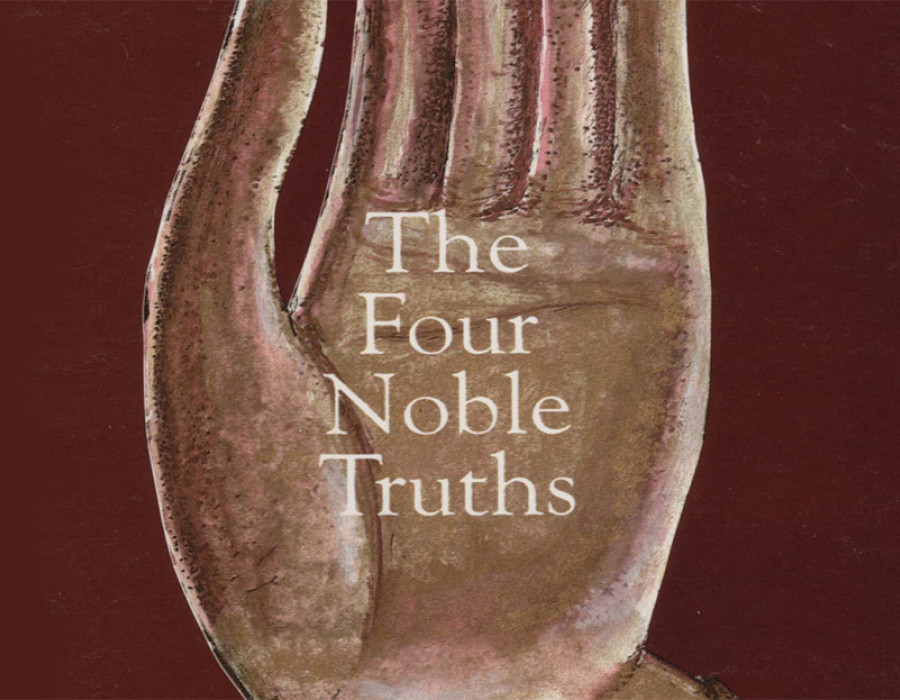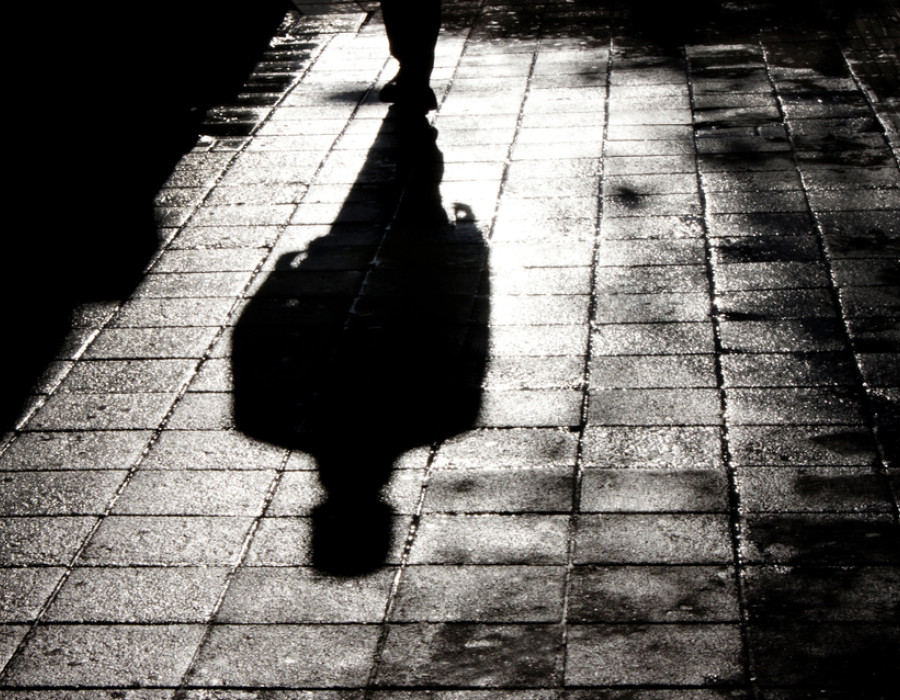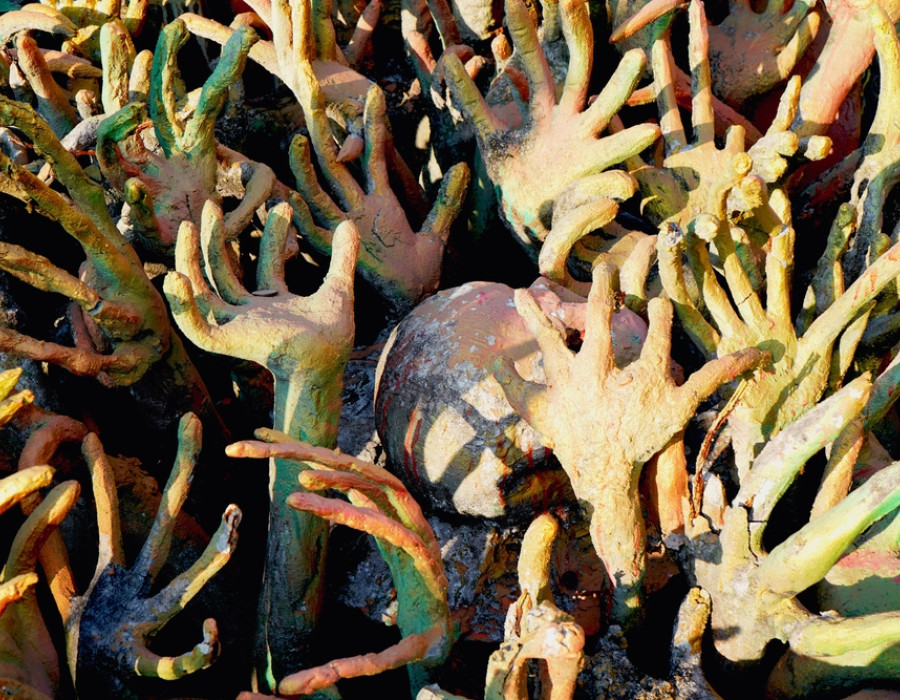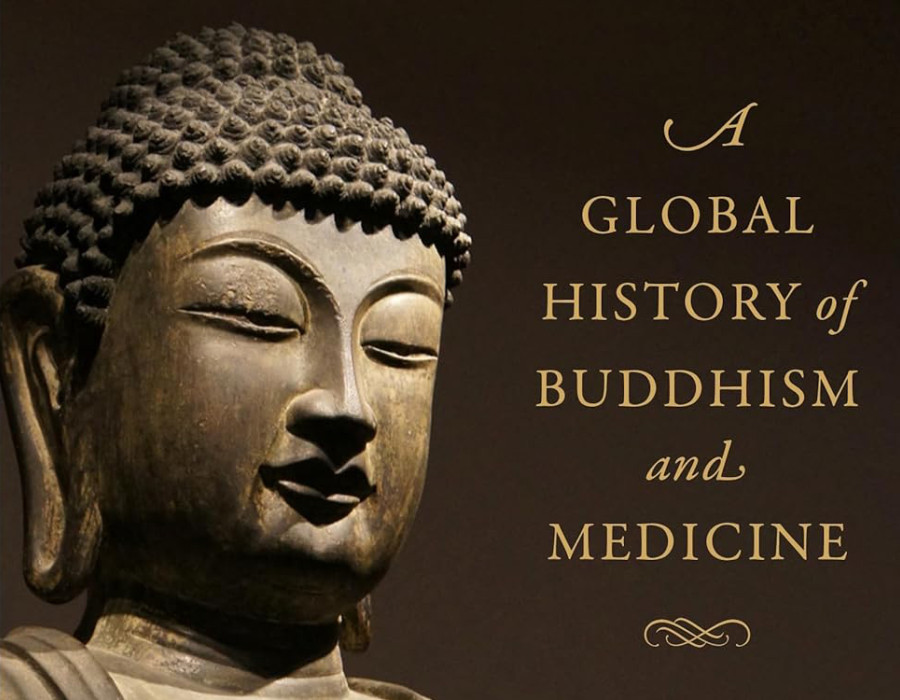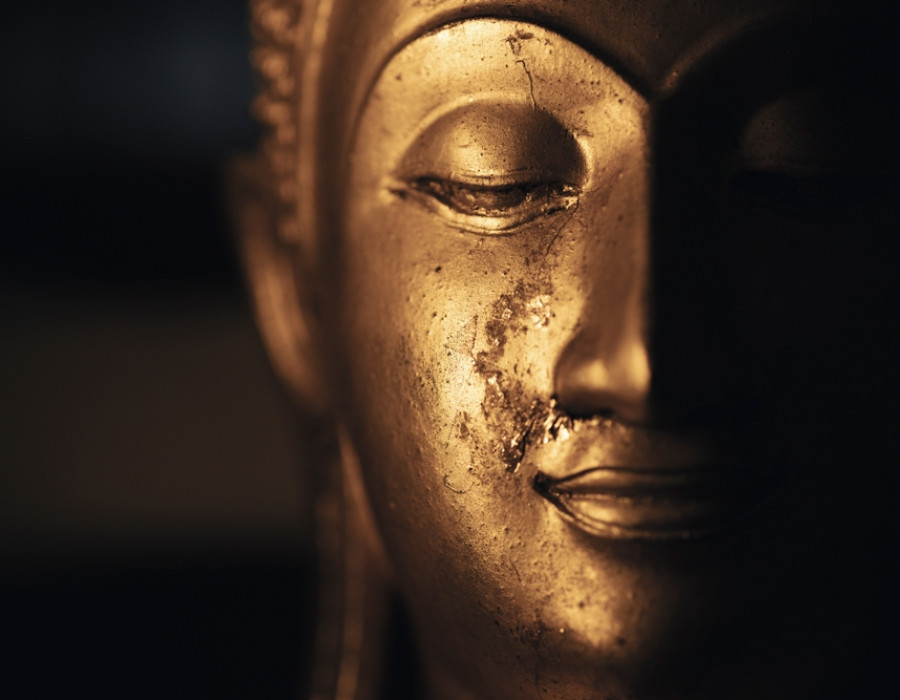Extract | The Zen Koan: Its History and Use
Book Extracts
Isshū Miura explains the secret to inducing kensho (sudden awakening) through development of the ‘great ball of doubt’.
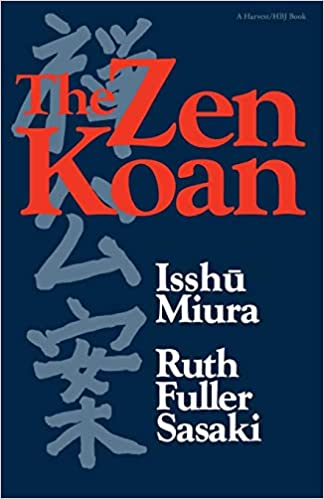
Book title cover
Though I have already spoken at some length on the subject of kensho or seeing into one’s own true nature, I shall say a little more about it. Since kensho is the foundation of Zen, however much we may think about it, we still do not know it, and, however many times we may speak about I, we can never speak too often.
Hakuin Zenji in this Sokkō roku kaien fusetsu, which I have previously quoted, has this further to say:
My humble advice to you distinguished persons who study the profound mystery of the Buddha-dharma is this: Your close examination of yourself must be as urgent as saving your head were it ablaze; your efforts to penetrate into your own original nature must as tireless as the pursuit of an indispensable thing; your attitude toward the verbal teachings of the buddhas and patriarchs must be as hostile as that toward a deadly enemy.
In Zen, he who does not bring strong doubt to bear upon the koans is a dissolute, knavish good-for-nothing. Therefore it is said: “Underlying great doubt there is great satori; where there is thorough questioning there will be a thoroughgoing experience of awakening.”
Do not say; “Since my worldly duties are many and troublesome, I can’t spare time to solidify my doubt firmly,” or, “Since my thoughts are always flying about in confusion I lack the power to apply myself to genuine concentration on my koan.”
Suppose that, among the dense crowds of people in the hurly-burly of the market place, a man accidentally loses two or three pieces of gold. You will never find anyone who , because the place is noisy and bustling or because he has dropped his pieces of gold in the dirt, will not turn back to look for them. He pushes any number of people about, stirs up a lot of dust and, weeping copious tears, rushes around searching for his gold. If he doesn’t get it back into his own two hands, he will never regain his peace of mind. Do you consider the priceless jewel worn in the hair, your own inherent marvellous Tao, of less value than two or three pieces of gold?
(The Zen Koan: Its History and Use in Rinzai Zen by Isshū Miura & Ruth Fuller Sasaki; pub: Harvest/HBJ 1965)

